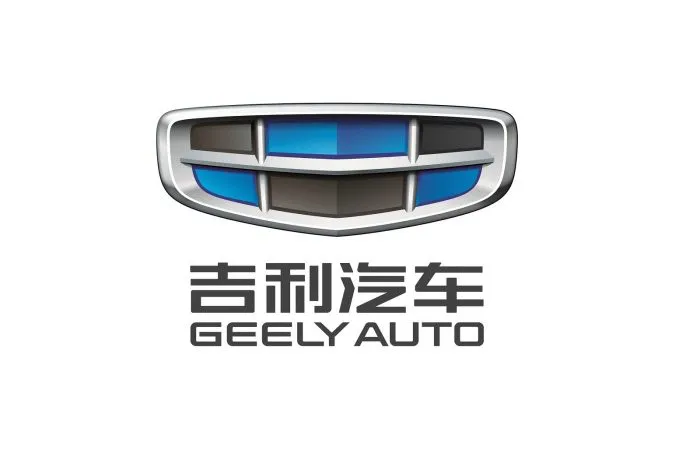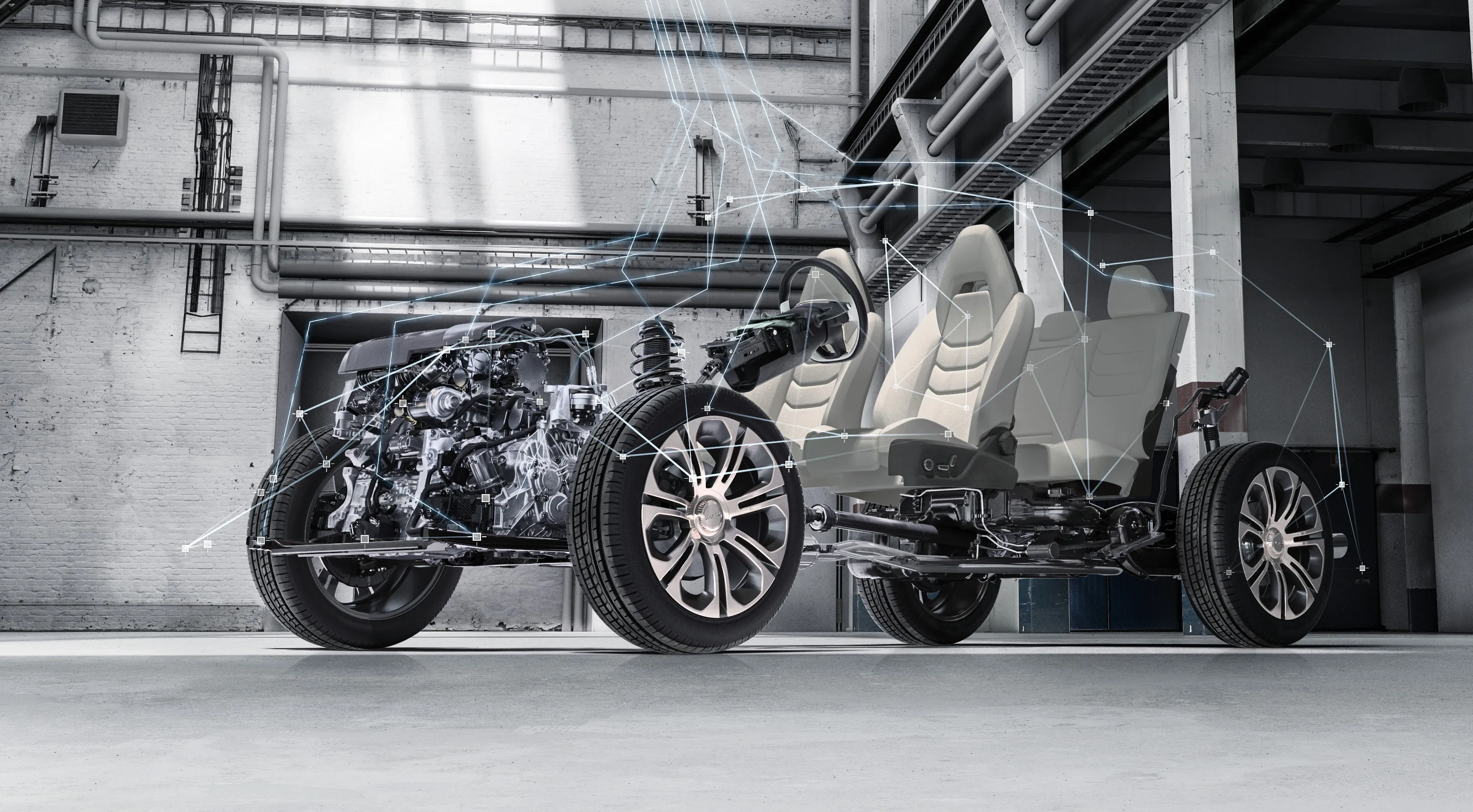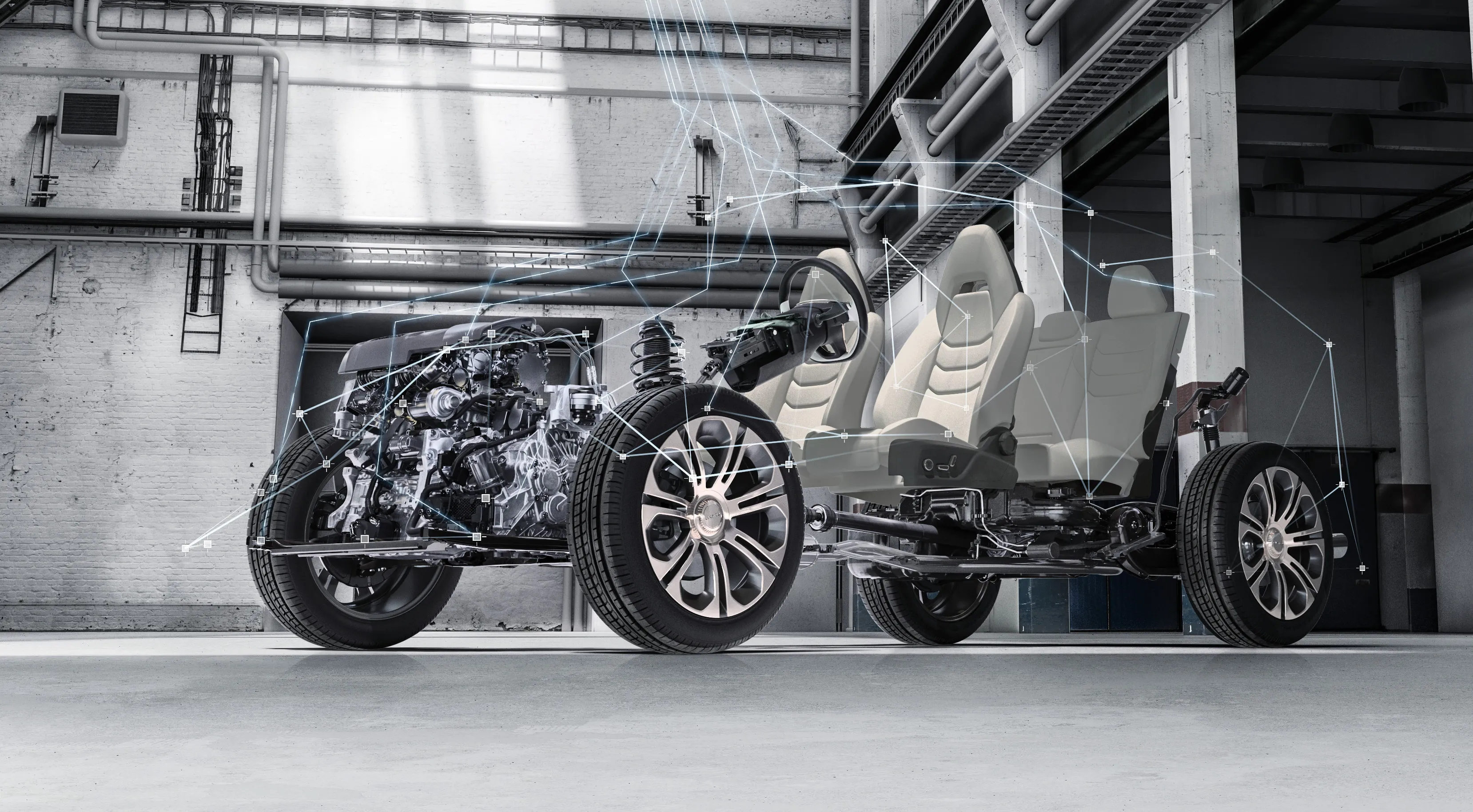Manufacturing in the Global Industry 4.0 Era
Making globally focused cars requires factories that are consistent in their practices which is why Geely Auto has moved towards implementing Industry 4.0 practices in all of its new facilities that produce CMA based cars.
A new industrial revolution is silently occurring around the world and leading the way in China, as well as in the automotive sector is Geely. Manufacturing is entering the Industry 4.0 era where computers and automation comes together in an unprecedented manner. For years, Geely has been quietly transitioning towards global industry 4.0 practices based around the Group’s global modular vehicle architectures; BMA, CMA, and the pure electric PMA. These architectures allow the Group to make a multitude of unique products based around relatively ‘simple’ core architectures on highly flexible production lines across China, and in the future – Europe.
Precluding the launch of Geely Auto’s first model based on the Compact Modular Architecture (CMA), Tugella, was the inauguration of its first CMA plant.
Geely’s CMA was developed jointly with Volvo Cars by over 2,000 top automotive engineers in Geely’s China Euro Vehicle Technology Center (CEVT) in Gothenburg. CMA lays the foundation for Geely Auto’s entry into the era of Global Industry 4.0. The inauguration of Geely’s first production plant exclusively for CMA products is one part in a wider global system.
Geely’s architectures are more than just a platform for products, as modular vehicle architectures encompasses the whole product development process and production system. They set the standards for technology utilization, production tooling, development process flow, and of course, the supply chain, just to name a few.
Geely’s first CMA plant is located in Hangzhou Bay, which is situated close to Geely’s gigantic 8,000 people strong R&D campus. This allows for quick interaction between the teams that develop the car and those that produce the car, meaning that quality is higher than ever.
This is also Geely’s first “digital twin” plant. In addition to the physical plant, Geely CMA plant has a digital simulated twin, which through real-time monitoring and big data ensures that every process can be traced back and analyzed with startling accuracy – Geely engineers can check and set the right amount of torque on a bolt, they can check who installed it and if there would be any issues in the future, creating huge amounts of data that is transparent and easy to understand.
Another added point is that with increasing amounts of digitalization, the production process can be simulated continuously and the process constantly optimized. Like the modular nature of the CMA, the plant itself is modular as well. Tooling and molds can be switched in and out to produce different models on the CMA architecture. This new plant is a world-class facility that sets the global benchmark for intelligent automotive manufacturing and is more than a milestone in China’s automotive industrial history.
The plant consists of four sectors, three of which are 100% automated. Products begin in the stamping shop which has a fully enclosed five-step 100% automated production line. A high-precision blue-light measuring robot can detect deviations up to .05mm and make adjustments as the stamped bodies are being produced. Stamp molds can be swapped out between 3-5 minutes for the production of different models.
Next, the stamped pieces goes to the welding shop which is also fully automated through the use of 395 German KUKA welding bots. The welding shop utilizes the industry’s most advanced technologies such as deep penetration laser welding, automatic stud welding, and Arplas welding. These technologies has been intuitively used in a manner which improves product quality, for example Arplas welding which best retains surface appearance with little to no deformation and minimal thermal stress, is used on the edges of the window frames in the Xing Yue. In addition, advanced quality control technologies such as robotic vision, laser cutting, and digital measurement robots are used to ensure the accuracy of the welds and that the body produced meets the safety and reliability standards of the CMA.
At the environmentally sealed paint shop, German DURR robots autonomously apply uniform coats of paint on the vehicle exterior. Using the industry’s most advanced paint mist capture system, the paint shop can achieve an 80-95% recycling rate. Emissions and waste are minimized with regenerative thermal oxidizer and advanced wastewater treatment systems before being reused time and time again, minimizing waste and lowering Geely’s carbon footprint.
The final assembly shop is divided into five main lines; electrical equipment, interior, exterior, chassis, and parts sub-assembly. A highly automated integrated assembly process is adopted with digitally configured tightening tools which can tighten 52 points at the same time, ensuring the integrity and consistency of the entire vehicle assembly. A visual identification system has a tightening position accuracy of ±0.25mm and a torque deviation range of ±3%, which is more stringent than the standard among luxury brands of ±5%.
The Tugella Coupe SUV may be the first product to be produced here, but it will soon be joined by other CMA based Geely vehicles. This plant represents a new stage of evolution for the brand, one which places it at the forefront of global manufacturing. With global products, global standards, and global production through CMA, Geely’s foundation in the Global Industry 4.0 era is set. Piece by piece, step by step, the path to Geely’s global future is being unveiled.





